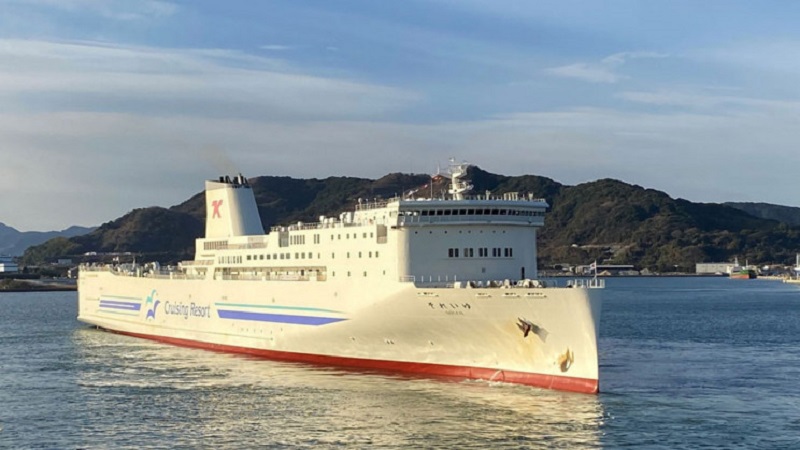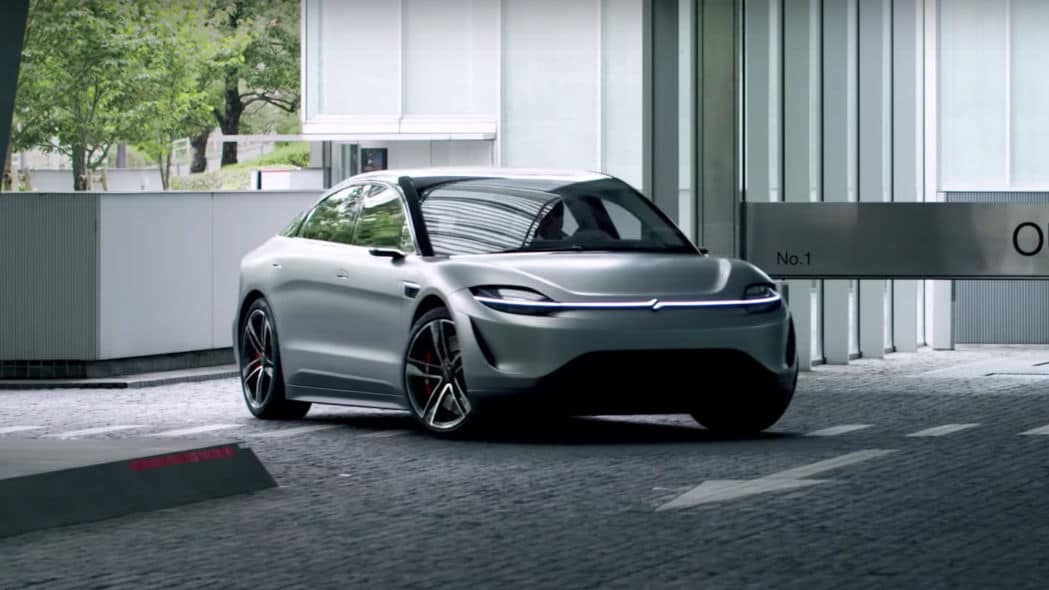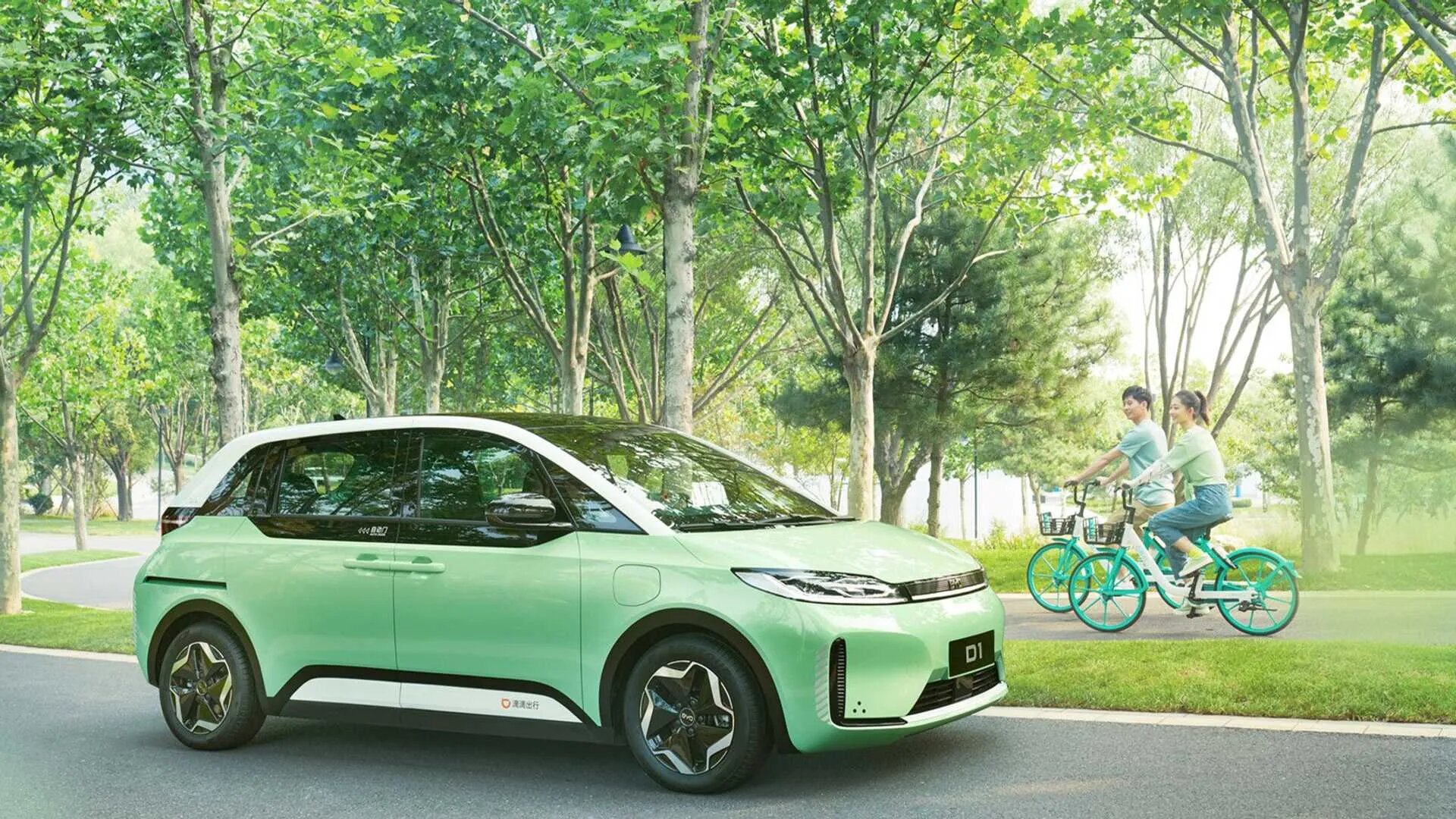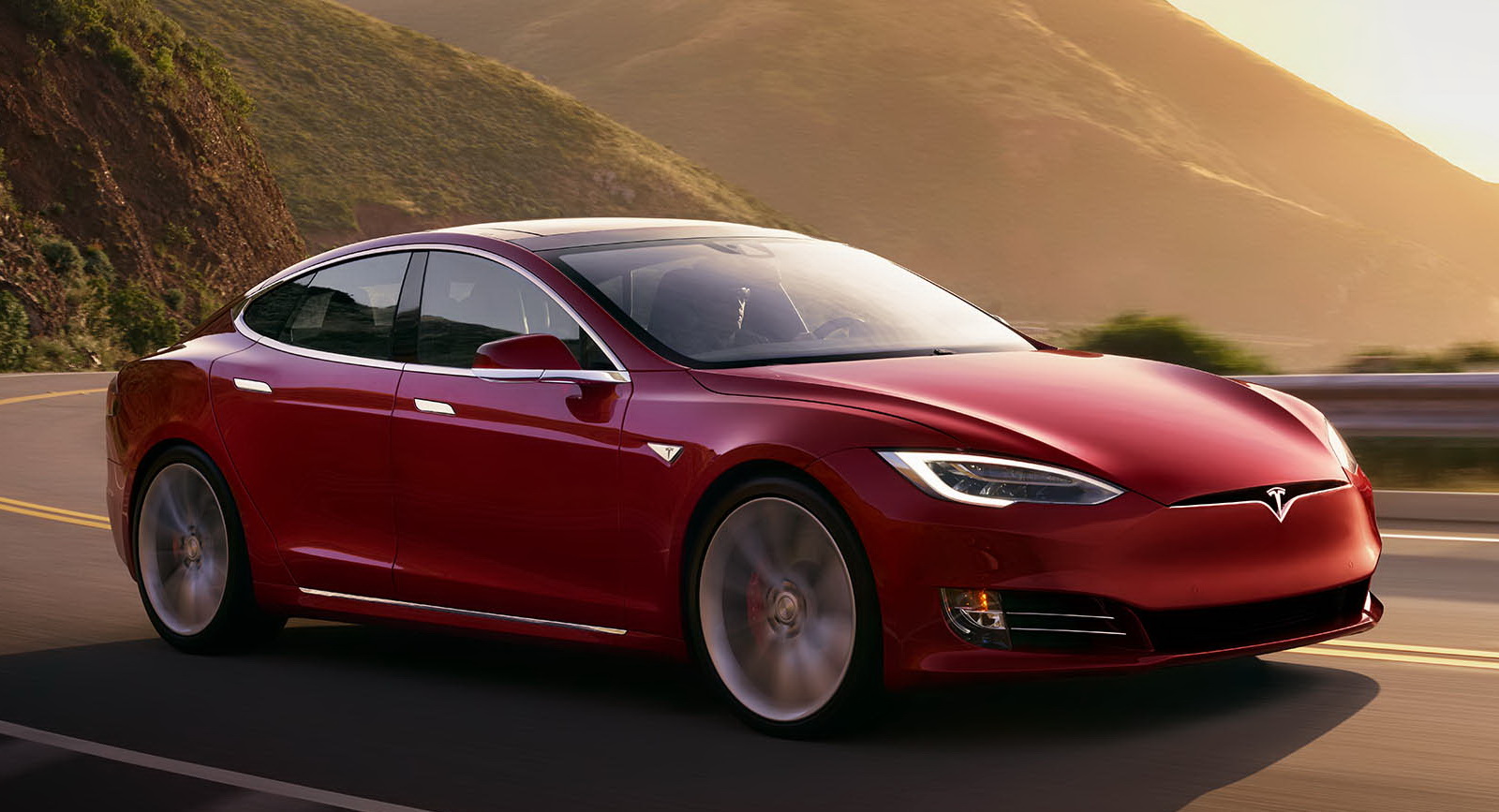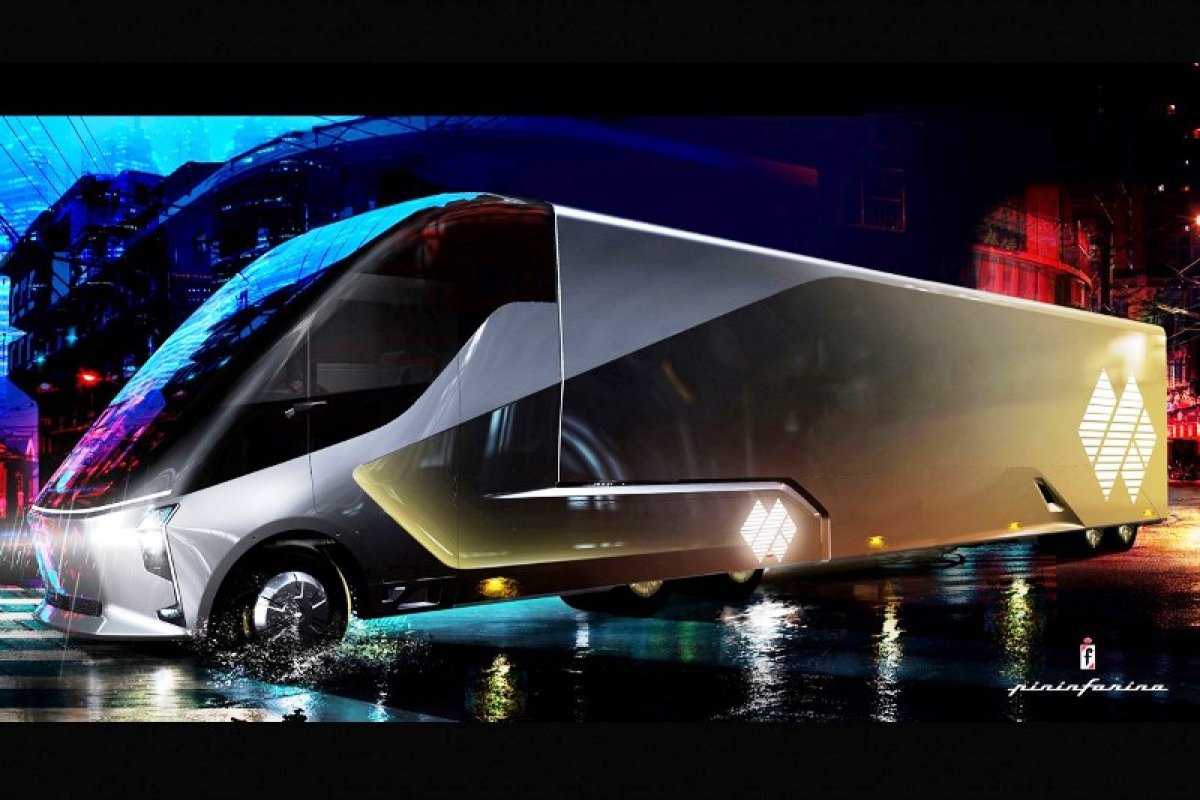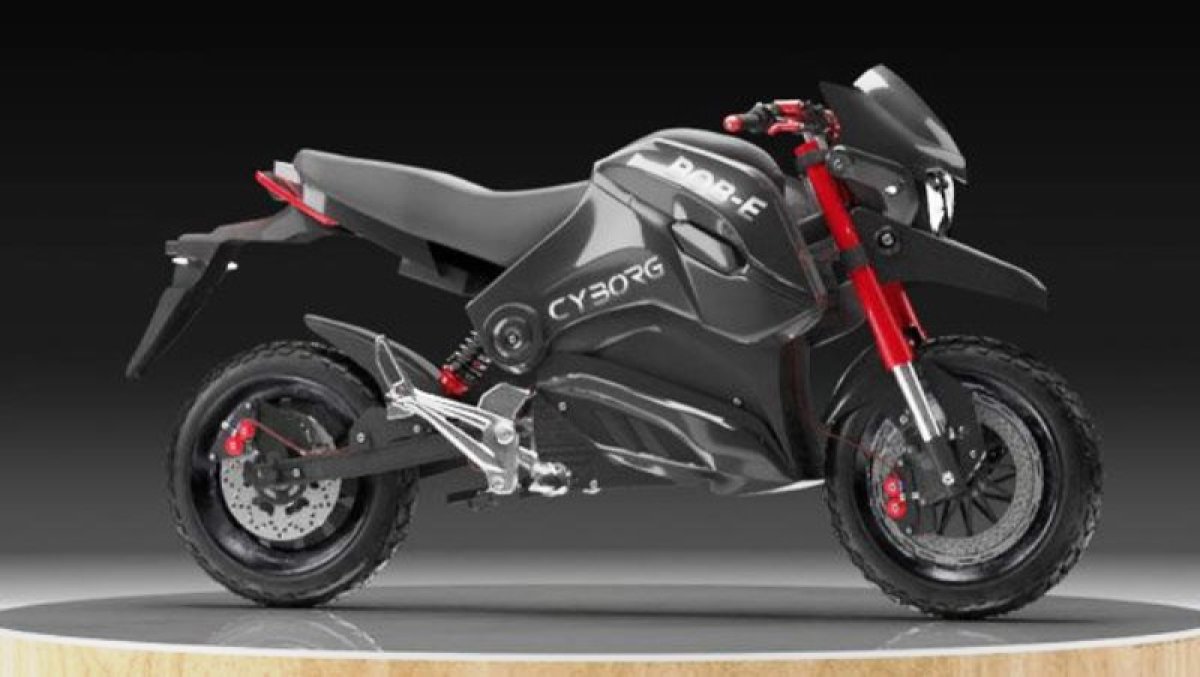Recently, a demonstration test of the world’s first autonomous ship navigation system was successfully carried out in Japan. The large ferry has autonomously navigated more than 240 km stretch of sea of Lyonda, Japan, at a speed of 26 knots (48 km/h). The ferry can also do docking (closer to the port) at the end of its service.
The technology used in this demonstration was developed by Mitsubishi Shipbuilding, a subsidiary of the Nippon Foundation, and is used on the Shin Nihonkai Ferry Somany’s 222-meter-long vehicle ferry, Soleil.
Reporting from Interesting Engineering (20/1), the demonstration is part of the fully autonomous ship navigation system project MEGURI 2040 from the Nippon Foundation. The Nippon Foundation launched the MEGURI 2040 project in February 2020, and plans to test and demonstrate the autonomous navigation system over the next three months.
“I hope this will lead to further development towards practical use. There are still many issues to be resolved, and I believe now will serve as a guide towards international rule-making for fully autonomous ships,” said Nippon Foundation Executive Director, Mitsuyuki Unno.
The demonstration test greatly accelerated the development of a fully autonomous ship navigation system that uses many advanced technologies including artificial intelligence (AI). “We will continue to develop technology using the valuable knowledge gained to achieve high safety and service for passenger ferries, which play an important role in supporting marine transportation in the Japanese island nation,” said Mitsubishi’s Executive Vice President of Shipbuilding, Naoki Ueda.
Building a self-sufficient ship without requiring human intervention is not as difficult as an autonomous car. But luxury automaker Rolls Royce has worked with Intel to develop a fleet of autonomous cargo ships that don’t require humans on board by 2025. Meanwhile, IBM tried to cross the Atlantic Ocean on its autonomous ship, the MayFlower, in 2019 but failed due to minor mechanical problems.

